This has resulted in an explosion of online tools, resources, and videos focused on a range of professional development topics from navigating the faculty job search to informational interviewing and negotiation. In this post, I will seek to organize and curate some of these resources to better assist graduate students, postdocs, and those who support them.
The National Postdoctoral Association (NPA) has a range of resources on their website including a growing resource library (note content is being updated as part of a website refresh in Spring 2022) containing guides on topics from mentorship to career planning. If you are an individual (postdoc, graduate student, faculty member) at an organizational member of the NPA, you can also access these resources and a wealth of webinar recordings for FREE using your institutional email address upon registration as an NPA member.
The Postdoc Academy’s upcoming online course opportunities are as follows:
- Building Skills for a Successful Career: July 11 – August 28, 2022
- Succeeding as a Postdoc: September 19 – October 30, 2022
- With optional Postdoc Academy Learning Sessions to facilitate discussion
- Building Skills for a Successful Career: January 9 – February 19, 2023
ImaginePhD is a FREE online career exploration tool created by members of the Graduate Career Consortium (GCC), a community of professionals working to support graduate students and postdoctoral scholars in their career and professional development. While this website is branded for a humanities and social sciences audience, I would argue it is one of the most powerful career exploration tools out there and useful to researchers in any discipline (myIDP and ChemIDP are also great resources).
Some highlights from the ImaginePhD platform:
- The general tip sheets are phenomenal!
- Topics include: writing a resume, cover letter, informational interviewing, using LinkedIn, and the art of negotiating
- Complete an interests, values, and skills assessment to learn more about yourself and job families that could be a good fit for you
- Each job family within the platform has dedicated sections to:
- Explore
- Contains links to job simulations from InterSECT job simulations
- Write-ups and Q&As on different careers available and personal perspectives from Ph.D.s who made the transition into those paths
- Connect
- Highlights LinkedIn groups and professional organizations to join to increase your ability to network with professionals working in certain sectors or career areas
- Build Skills
- Links to trainings and resources to learn more about in-demand skills
- Apply
- Links to job boards PLUS analyzed job descriptions with tailored resumes and cover letter examples
- In addition, the menu to the right-hand side of the screen displayed within any of the four sections (Explore, Connect, Build Skills, Apply) contains a LIVE Indeed job feed of positions being advertised in this job family. This serves as a great way to see what skills and abilities are being asked for in current job descriptions.
- Explore
- You can also build a career and training plan within ImaginePhD and export your various goals and deliverables to your digital calendar of choice to stay on track.
Many career and professional development offices have put their content on YouTube, making the excellent advice and resources they share accessible to all. I applaud their efforts and highlight a few of them below.
University of Pennsylvania Career Services: Job Search Skills Series, many feature Dr. Joseph Barber, GCC Member
- Strategies for a career pivot
- Networking for novices
- Making the most out of informational interviews
- Resume tips
- Cover letter tips
- Interview tips
- Finding data on salaries
In addition, the Informational Interview Guide for Graduate Students and Postdocs from UPenn is an amazingly handy guide to perhaps the single most important action you can take to learn about your career options and build your network.
University of Michigan School of Medicine’s Office of Graduate & Postdoctoral Studies professional development team, led by GCC members Dr. Shoba Subramanian and Beth Bodiya, have an amazing “Faculty Corner” Series, which features recorded interviews and professional development talks from expert UM faculty covering issues surrounding academic job preparation, interview and negotiation, lab/time/project/personnel management, funding, publications, and work-life balance.
See also Penn Career Services’ Faculty Job Search Prep Camp YouTube Playlist
As a side note, during my time at North Carolina State University, we curated some tips and resources for navigating a faculty job search on our ImPACKful blog.
The University of California San Francisco (UCSF) Office of Career & Professional Development has a wealth of resources available on their website, organized by different training areas and career goals. Explore some of them at the links below.
- Start with the resources landing page
- Presentation skills resources
- Grant writing resources
- Explore non-academic careers
- Resources for the faculty job search
The Academic Career Readiness Assessment (ACRA) is a powerful resource for those seeking a faculty career after their training. It seeks to capture the minimum level of qualifications a search committee at a research-intensive, teaching-focused, or research and teaching-focused institution expects in a faculty candidate and the level of expertise most desired of candidates in different domains (teaching, research independence, experience working with students, etc).
Learn more about the creation of the ACRA in this publication.
And while the final online resource I am sharing is not from a university, iBiology, a non-profit organization funded by NSF and NIGMS, has an amazing library of professional development videos and self-paced online courses on topics including career exploration, planning your scientific journey (very relevant for early-stage graduate students), and how to give an effective presentation that you should definitely check out!
If you are an administrator or faculty member seeking to provide career and professional development support to graduate students and postdoctoral scholars, how might you leverage the resources I’ve shared above? One approach is to have your students and postdocs watch a YouTube video on a topic of relevance and then spend your time with them discussing the topic in more detail and highlight institutional resources available to them. For example, you might have them watch a video on leveraging LinkedIn in advance and spend your workshop discussing how participants plan to implement the advice they received in crafting their profiles.
In addition, online self-assessment and career exploration tools like ImaginePhD allow for trainees to do some pre-work before coming to a workshop to discuss career exploration in more detail. I find having workshop participants explore the ImaginePhD platform on their own and then share something interesting they learned with others in a small breakout room opens their eyes to the richness of information and resources on the platform.
Using online tools and resources can really expand the bandwidth of a small office (or office of one) tasked with supporting graduate students and postdocs. In addition, resources like iBiology’s Mentoring Master Class: Peer Mentoring Groups overview empowers trainees to create their own groups to support one another in their training, job search, and beyond.

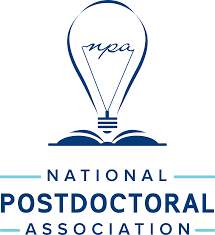


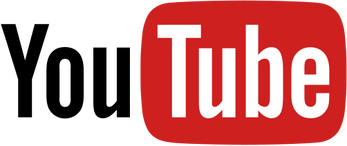



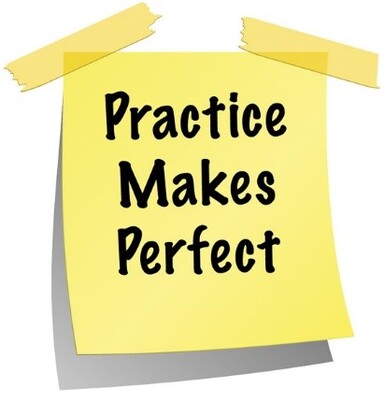
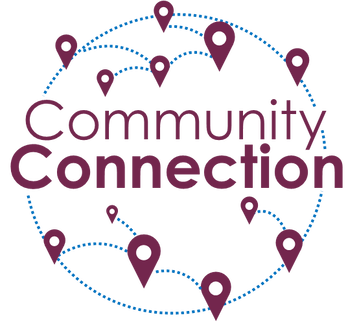











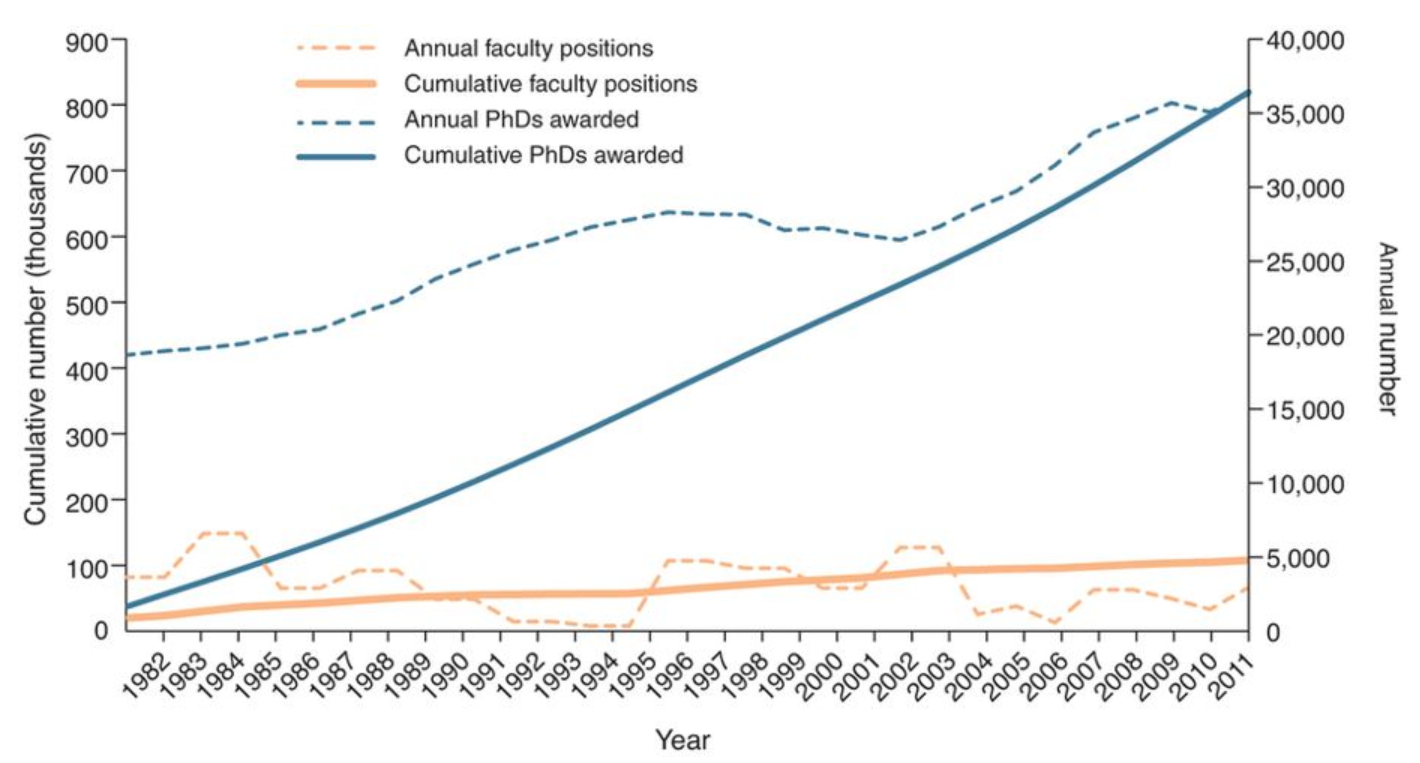


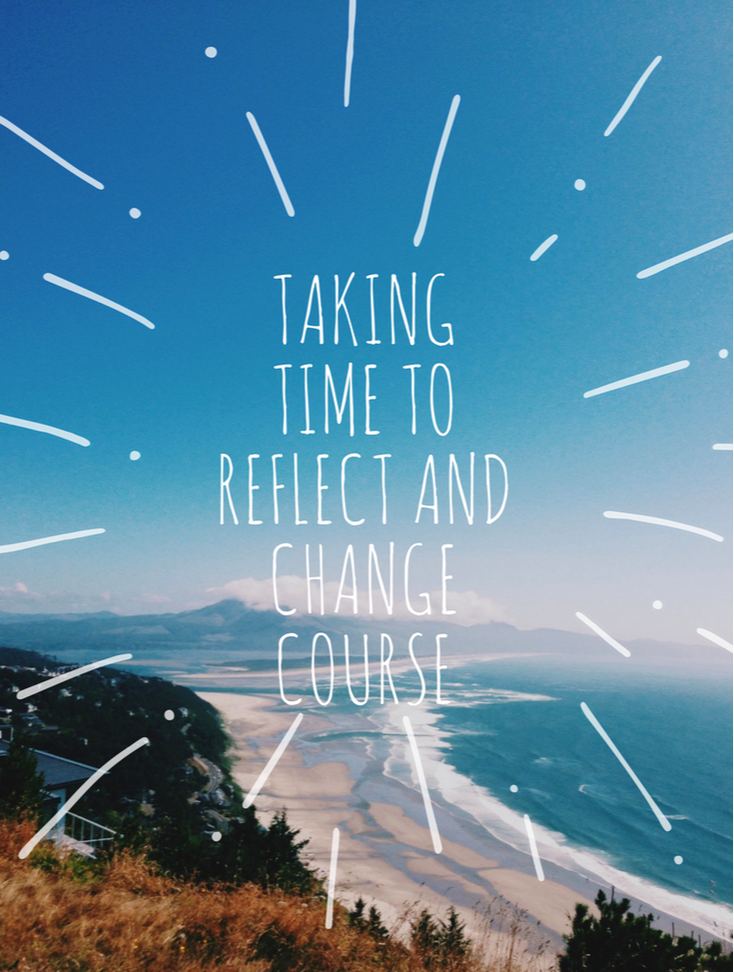

 RSS Feed
RSS Feed